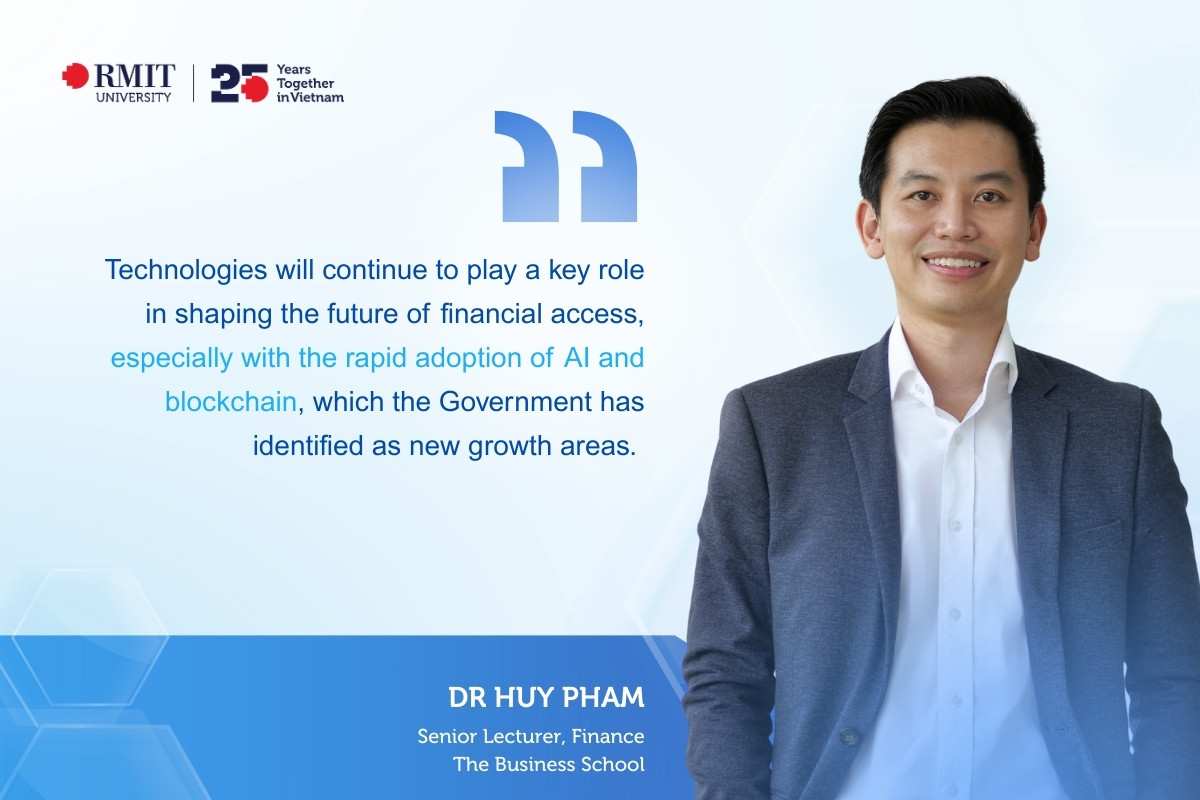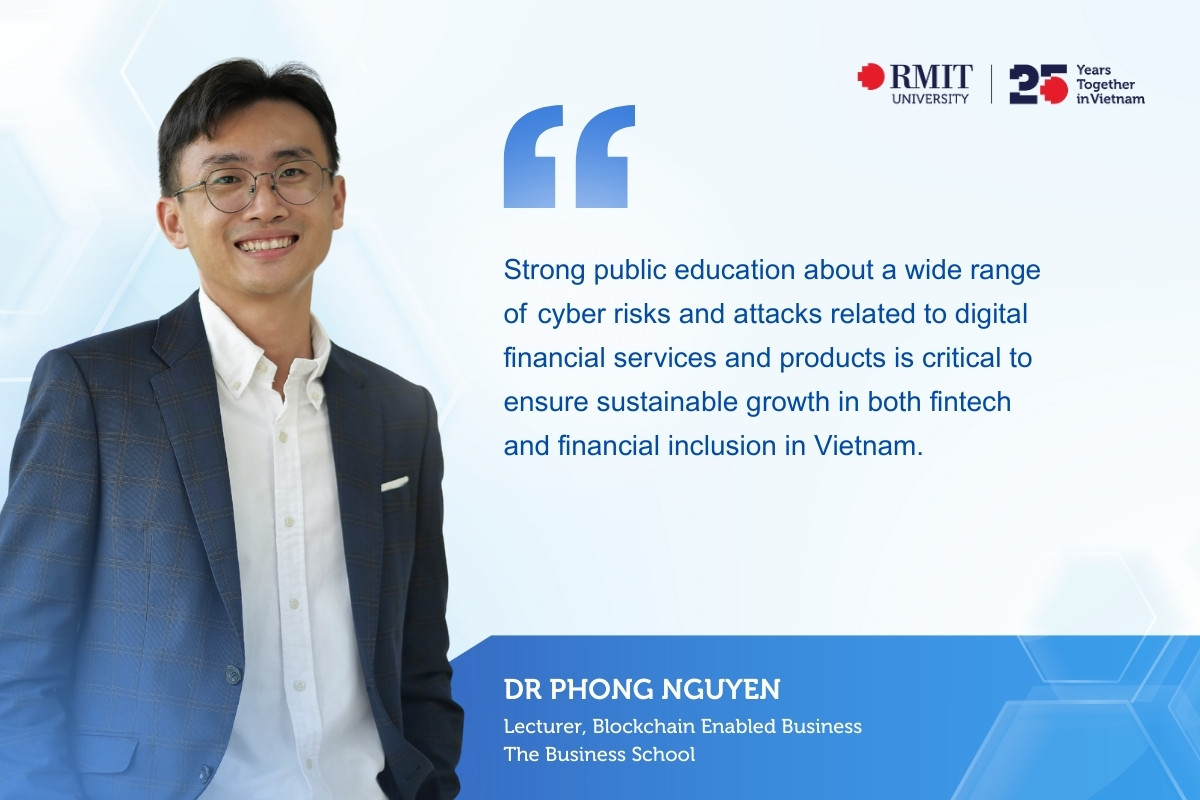Meanwhile, Dr Huy highlights the importance of improving regulations, commending the recent frameworks issued by the government to pilot various innovative fintech products.
For instance, Vietnam has begun a two-year regulatory sandbox for selected fintech services, including peer-to-peer (P2P) lending, credit scoring, and open banking data sharing, from 1 July 2025, following the government’s Decree 94/2025/ND-CP.
While this is a positive step, Dr Huy notes the current limitations. “The sandbox only permits companies licensed by the State Bank of Vietnam to conduct P2P lending during the pilot, which may result in a limited number of companies joining,” he says.
He recommends the government speed up the selection process of companies and expand the range of products that are allowed – especially in the context of the upcoming Law on Digital Technology Industry and resolutions regarding international financial centres and crypto assets.
The long view
Looking ahead to the next 25 years, both experts remain optimistic.
“Technology adoption and technology-related education are key for long-term financial inclusion, and I have seen great development of both elements,” says Dr Phong.
“Many people, especially young generations, are very proficient at using a wide range of digital platforms and financial services, and they are eager to learn about their implications across business and daily life.”
Dr Huy agrees, pointing to the accelerating role of AI as another highlight. “Technology, especially AI, is growing at a rate we have never experienced before, and we can expect AI to be deep-rooted in our daily life in the next two or three decades.”
“It will remove many barriers – including knowledge, language, and technology – and allow Vietnamese people to access a wider range of financial services,” he says.
-----
Vietnam 2050: The vision ahead is a thought leadership series powered by RMIT Vietnam’s academic experts, exploring what Vietnam could become over the next 25 years. Each article unpacks potential major shifts – from smart cities and education to tech and entrepreneurship – offering bold predictions and practical ideas for a future-ready nation. Discover more insights here.
Story: Ngoc Hoang






